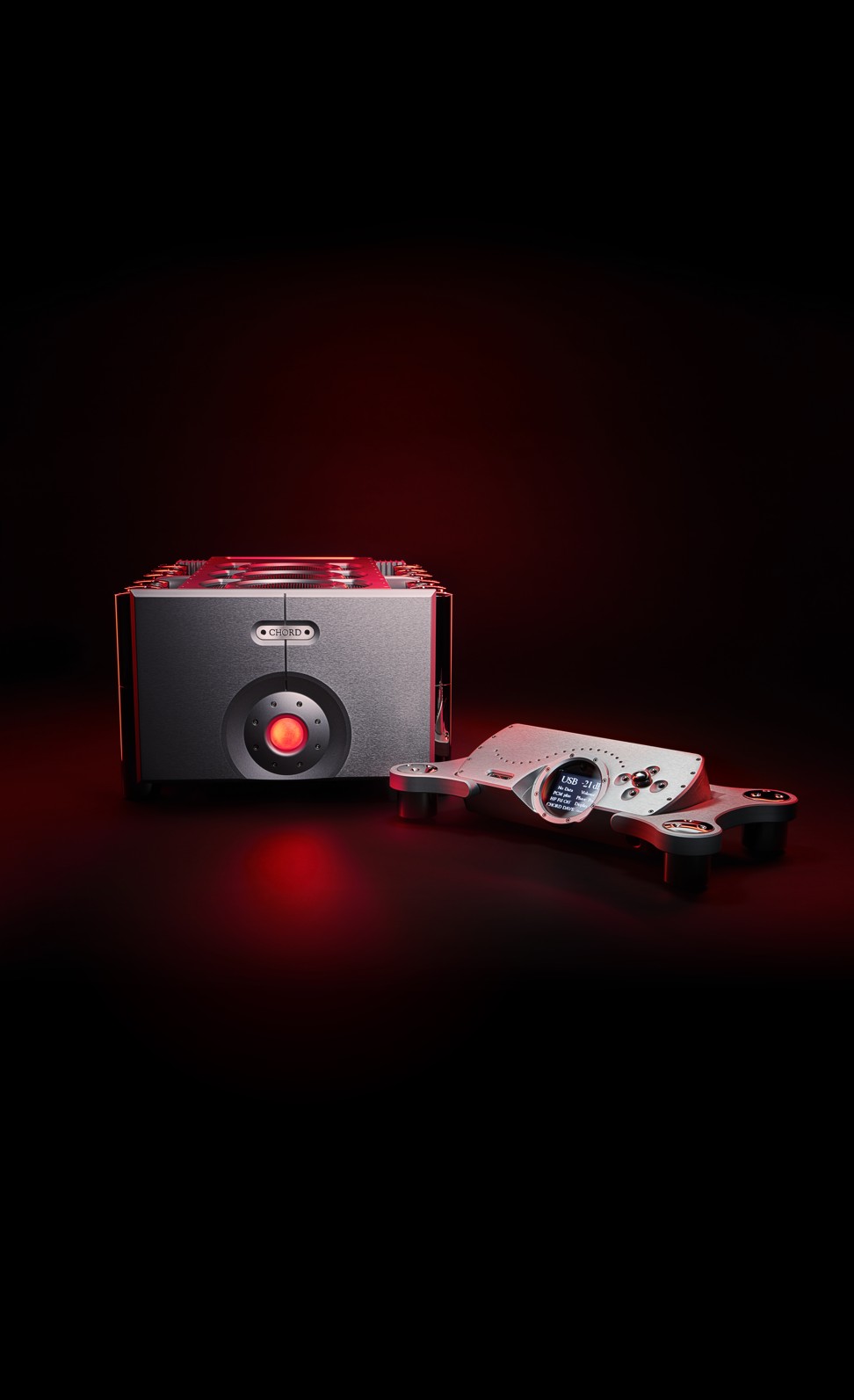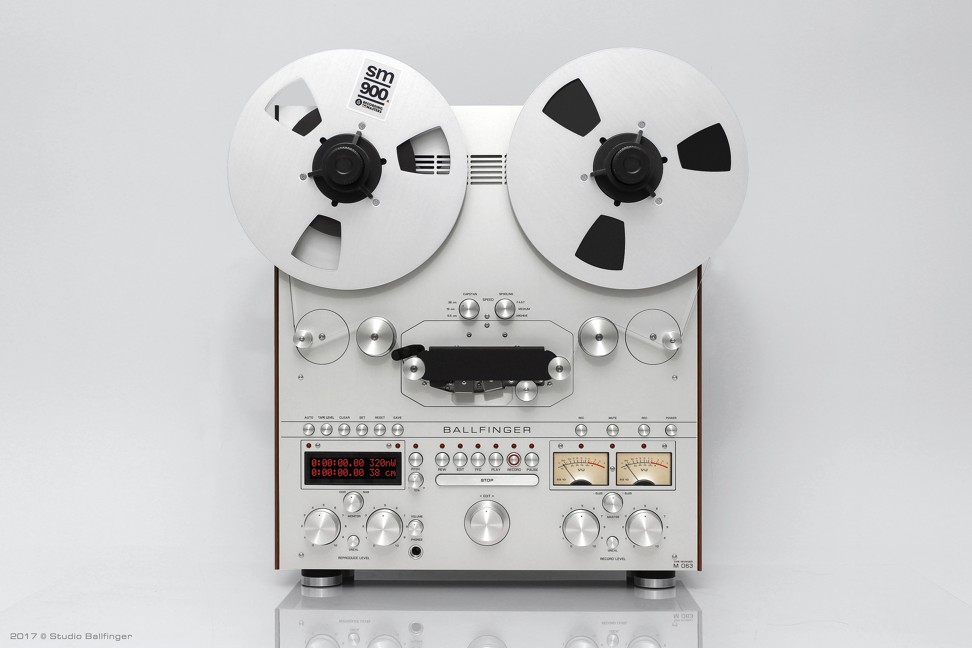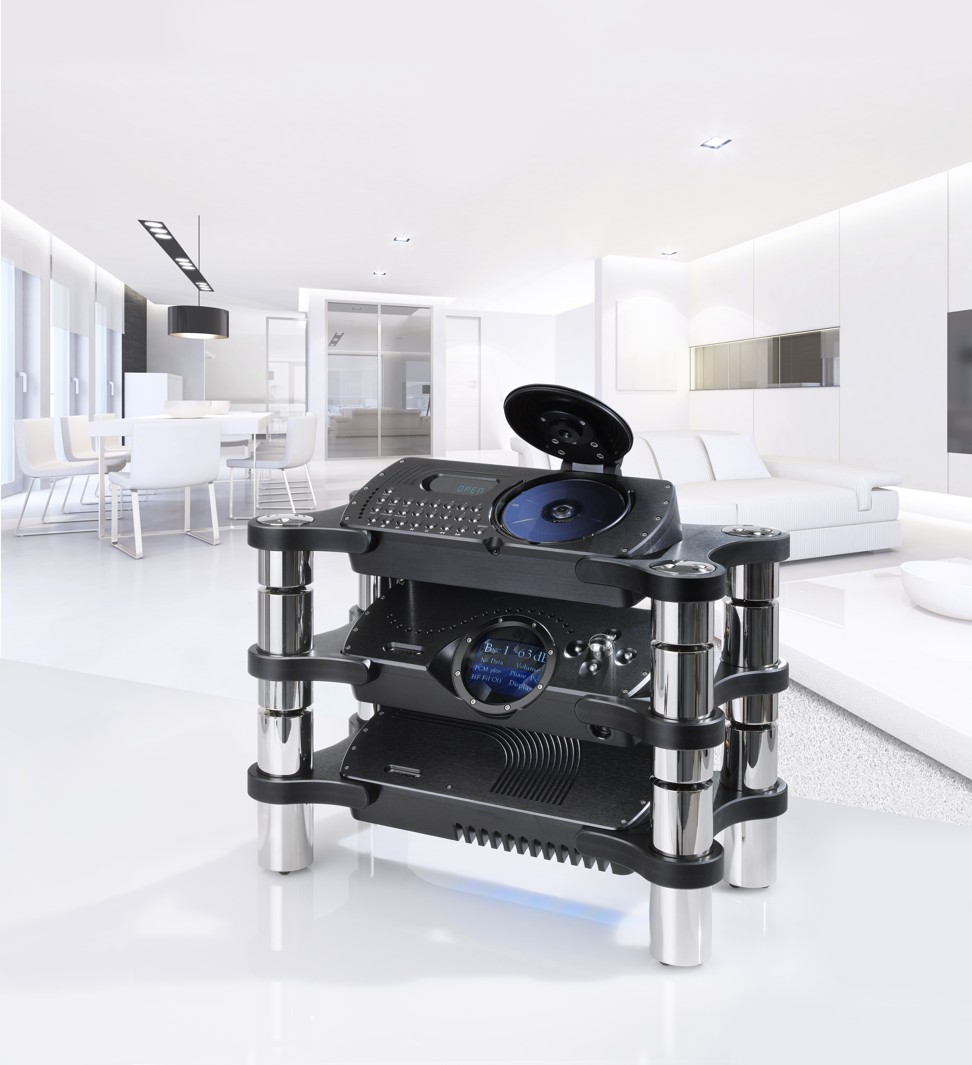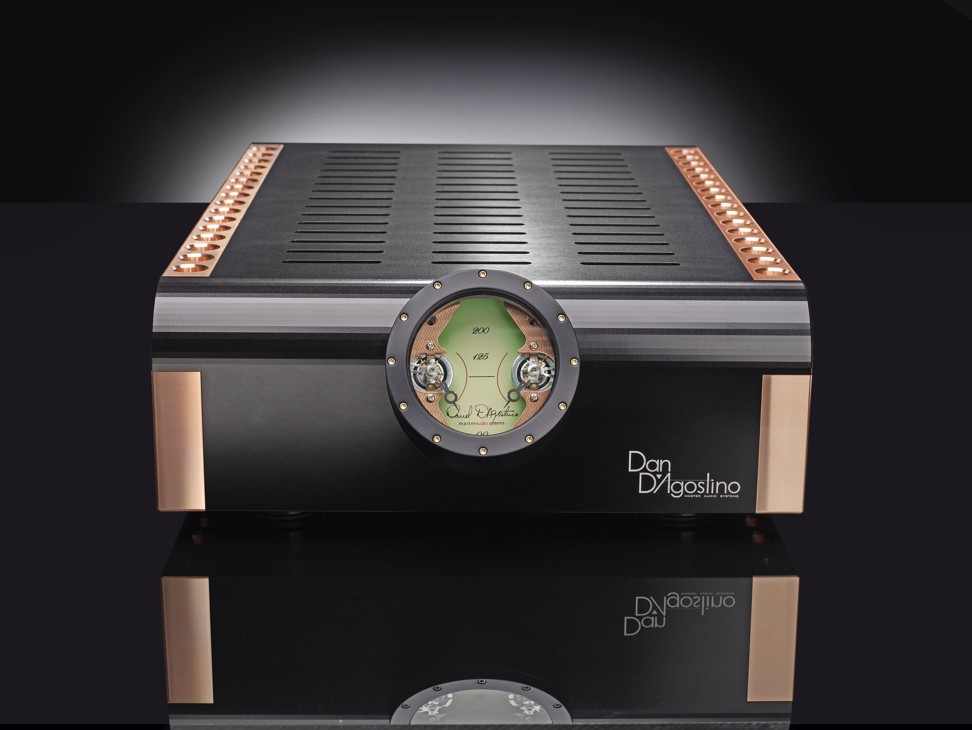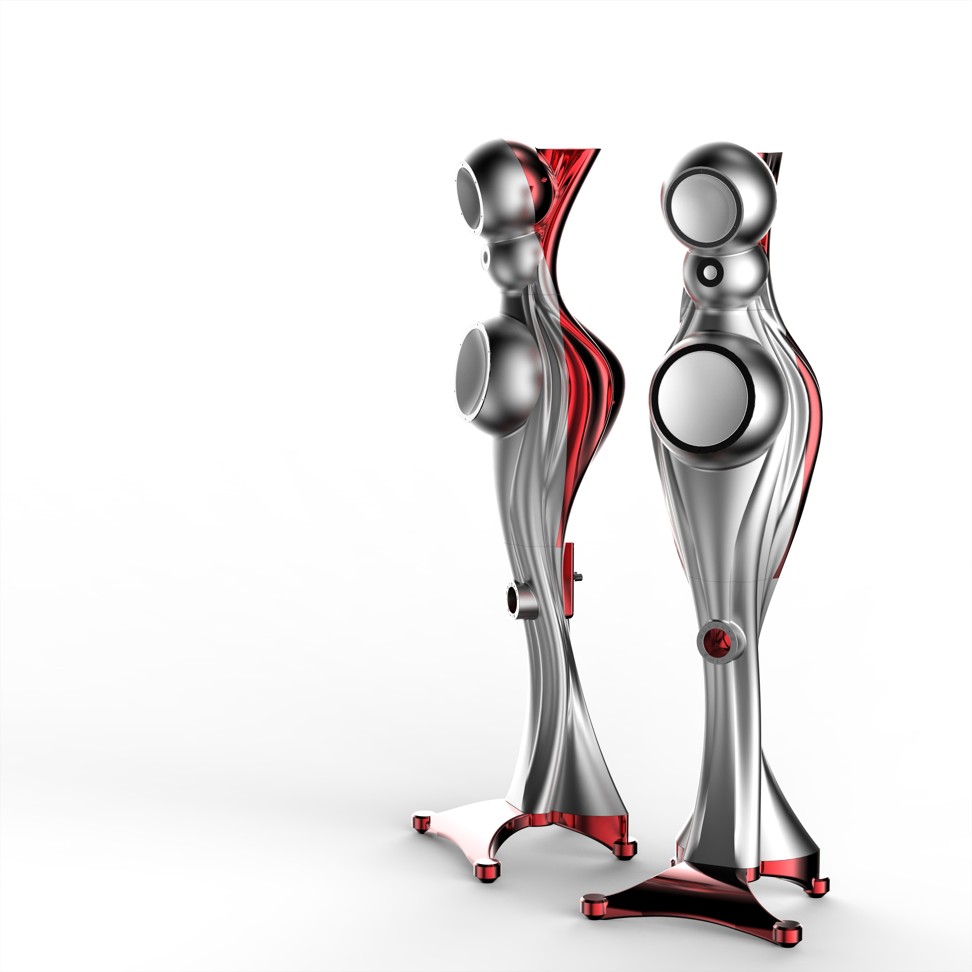
Audiophiles, would you pay US$1.2 million for a pair of speakers?
Audio lovers are obsessed with cutting-edge components and equipment that can sometimes cost more than a home
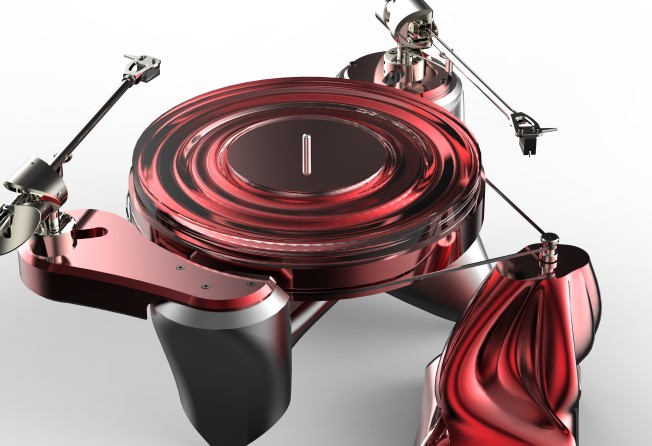
When Apple released its HomePod speaker earlier this year, news that the computer giant was working on high-end headphones may have excited some techie types, but it left audiophiles – those with an obsession for sound equipment – largely underwhelmed.
For the true hi-fi geeks, the very idea of music played via something made by a purveyor of mobile phones did not cut it, as it might for more average folk. But then the audiophile world is a niche whose (mostly male) ranks happily spend thousands – even millions – on the ultimate sound system.
The hi-fi market overall may be on the up, largely thanks to digitisation, but also because, generally, we are starting to reconsider our listening experience in the way we have our televisual one.
Today’s HK$75 billion (US$9.6 billion) hi-fi market is expected to be worth HK$100 billion within the next four years, with the Asia-Pacific region accounting for the largest share.
It is also a world in which buying your complete dream set-up from one brand is not at option – at least for now – because, at this level, no one brand has the necessary expertise across the engineering spectrum that the various components require.
That’s a deeply subjective question, of course. More directly, does the extra expenditure make a real difference? As with anything, you generally get what you pay for – but even enthusiasts note diminishing returns after a certain point. There will be some improvement, but whether it’s really discernible to most listeners is debatable, much like whether one can really taste all the various layers in fine wine or rare whisky.
Matthew Bartlett, manufacturing director of British brand Chord – whose top-end systems cost a less eye-watering HK$306,000 – argues that the right applications of digital technology can deliver a measurably better performance into a more precise analogue experience that we can hear. But he concedes that the real challenge facing the industry is to get customers into the right environment where they can experience
the difference.
“And it’s not necessarily all about having the money. You just have to have an interest in hi-fi at that kind of level. And most people are just not that interested.”
Indeed, some argue that the future of the audiophile world, as it currently exists, is in question. It’s a world, after all, that seems to revel in just how obsessive it can be. “There are customers who are concerned by the fact that even the room where they listen to their music is a factor, that if you move the same equipment to another room it will sound different,” says Petronel Butuc, of Audiophiles Clinic, a consultancy that helps clients put together their dream hi-fi system.
It seems to me that hi-fi can keep improving until, say, a music event can be reproduced exactly as it sounds in real life
“But now you also have the kind of customer who just wants to
show off the equipment they own. They want to be able to enjoy their audio equipment without listening to it. The fact is that the industry
is changing.”
In large part, this is thanks to an increasingly mobile society in which sitting still at home for focused listening to music is a dying art.
“I think there will always be people who are very into their music, but I don’t think they’ll be calling themselves audiophiles. That idea belongs to a bygone era, especially now that music has never been more pervasive in our culture,” says Jonathan Levine, founder of upscale headphone company Master & Dynamic. “But if today’s audiophiles die out, then I think the kind of product that sector produces will just be absorbed by the luxury industry. A certain listening experience will come to be perceived as a luxury one.”
“This is already a luxury business, not a hi-fi business,” he suggests. “There’s an emerging market of affluent people who don’t want all the crap that goes with the audiophile world. Yes, they want serious engineering credentials, but they also want finesse in use. They want style, something sculptural. To this younger market, the audiophile world just looks Neanderthal.”
“It seems to me that hi-fi can keep improving until, say, a music event can be reproduced exactly as it sounds in real life,” he says. “Just how do you recreate the sound made by a 140-piece orchestra? Reproducing a rock band precisely is hard enough. We’re close, but we’re not there yet.”
